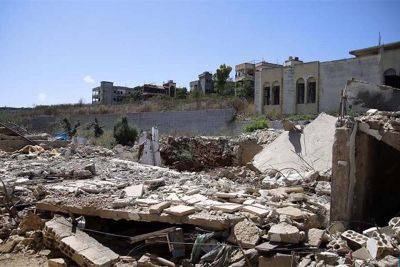The normalization and legitimation of political assassinations
When the Israel Defense Forces assassinated Hezbollah’s leader, Hassan Nasrallah, in an underground bunker in Beirut on September 27, Israeli Prime Minister Benjamin Netanyahu defiantly claimed responsibility for the killing. “Nasrallah was not a terrorist,” he boasted. “He was the terrorist.”
Similarly defiant messages came from the White House. The US president, Joe Biden, called the assassination “a measure of justice for his many victims.” Meanwhile, a State Department spokesperson called his killing “an unalloyed good.”
Neither Israel nor the US government lamented the fact that as many as 300 civilians were killed in the attack. Perhaps they saw them as acceptable “collateral damage.”
But while many world leaders condemned the escalation of violence in the region, reactions were more muted when it came to condemning the assassination itself. Except for Hezbollah’s allies, most governments either remained silent or accepted the argument that the assassination had been “just.”
In fact, the reaction to Nasrallah’s assassination suggests that Western governments have grown increasingly comfortable with the use of targeted killings, to the point that a brazen, acknowledged assassination failed to trigger meaningful condemnation.
For Israel, “targeted killings” emerged as official policy in the early 2000s as part of its effort to confront the so-called “al-Aqsa intifada.” As late as July 2001, Israel’s claims that strikes against Palestinian militants did not amount to assassination were largely rejected even by US officials, who called them “extrajudicial killings.”
Israel wasn’t deterred. As Israeli authorities later admitted, they launched a concerted campaign to reshape international law. “If you do something for







